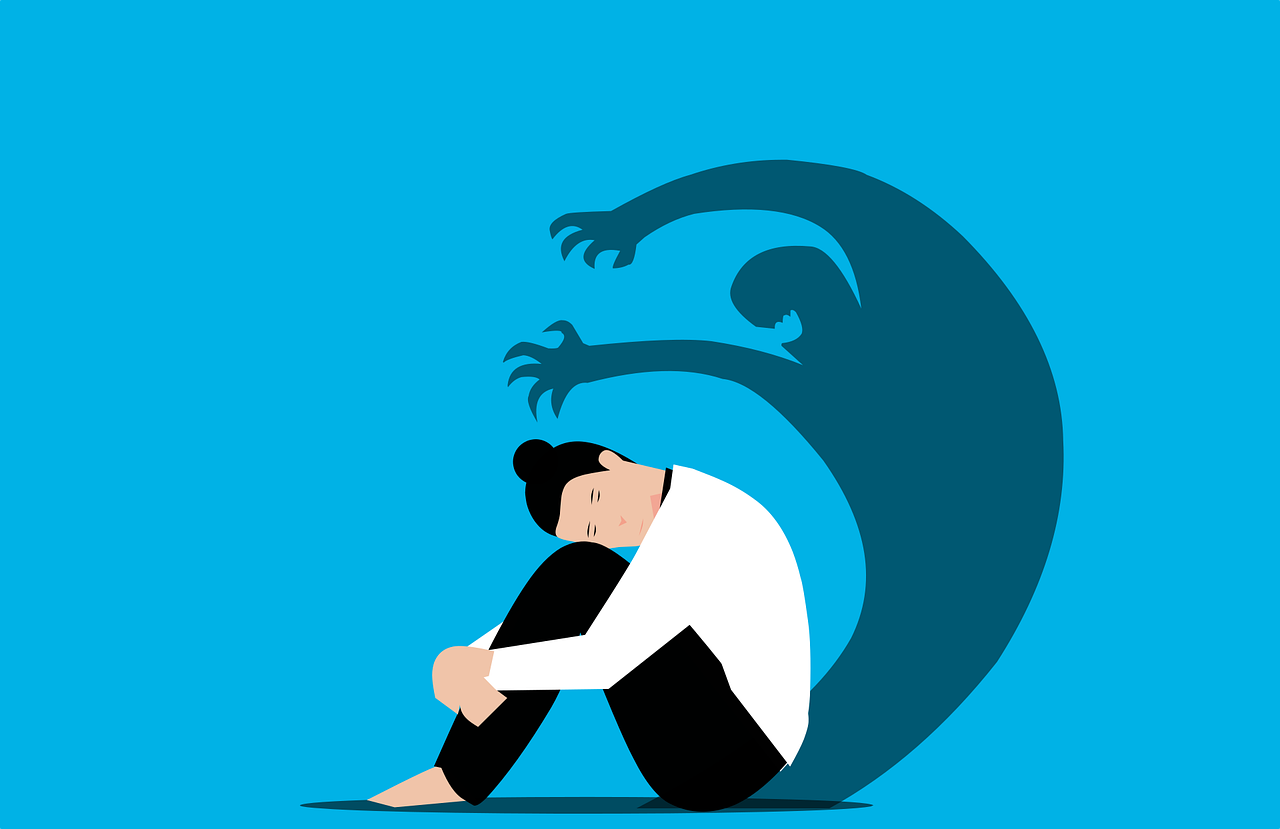10 Daily Habits for Managing Anxiety and Stress
Daily Habits for Managing Anxiety and Stress
Stress and anxiety have become all too common in our fast-paced, modern lives. The constant demands and pressures can take a toll on our mental well-being, leaving us feeling overwhelmed and exhausted. However, there are daily habits you can incorporate into your routine to manage anxiety and stress effectively. In this article, we will explore ten daily habits for managing anxiety and stress that can help you find inner peace and calm amidst the chaos.
1. Practice Mindfulness Meditation
Mindfulness meditation has gained significant recognition for its ability to reduce anxiety and stress levels. By focusing on the present moment and accepting it without judgment, you can cultivate a sense of inner calm. Research suggests that regular mindfulness practice enhances emotional regulation and reduces stress-related symptoms (Hofmann et al., 2010). Keep in mind that Harvard University has an entire department dedicated to mindfulness. You wouldn’t get that if it wasn’t proving to be useful. Mindfulness has proven to be one of the most essential daily habits for managing anxiety and stress.
2. Engage in Regular Exercise
Exercise not only benefits your physical health but also has a profound impact on your mental well-being. Engaging in regular physical activity releases endorphins, which are natural mood enhancers. Whether it’s going for a jog, practicing yoga, or dancing, finding an exercise routine that suits your preferences can significantly reduce anxiety and stress levels (Mead et al., 2009).
3. Prioritize Quality Sleep
A good night’s sleep is vital for managing anxiety and stress. Lack of sleep can exacerbate symptoms and make it more challenging to cope with daily challenges. Make sure to establish a consistent sleep routine, create a relaxing environment, and limit exposure to electronic devices before bedtime. Quality sleep is essential for restoring your body and mind, enabling you to face each day with a renewed sense of resilience.
4. Cultivate a Supportive Social Network
Having a strong support system plays a crucial role in managing anxiety and stress. Surrounding yourself with caring and understanding individuals can provide emotional support during difficult times. Regular social interactions and engaging in meaningful conversations can boost your mood and alleviate stress (Holt-Lunstad et al., 2010).
5. Practice Deep Breathing Techniques
When anxiety strikes, deep breathing techniques can be remarkably effective in reducing stress levels. Take slow, deep breaths, allowing your abdomen to rise and fall with each inhale and exhale. Deep breathing triggers the relaxation response in your body, calming your nervous system and promoting a sense of tranquility. For best results, breath in to the count of 5 and breath out to the count of 7. Include this as one of your daily habits for managing stress and anxiety, along with mindfulness, and you’ll notice a massive difference.
6. Engage in Relaxation Activities
Finding time for activities that promote relaxation and pleasure is crucial for managing anxiety and stress. Whether it’s reading a book, taking a warm bath, or listening to soothing music, engaging in activities that bring you joy and help you unwind can significantly alleviate stress levels. Perhaps consider doing a progressive muscle relaxation exercise to help relax as well.
7. Limit News Consumption
While it’s important to stay informed, excessive exposure to news and media can contribute to anxiety and stress. Limit your daily news consumption, especially before bedtime, as it can disrupt your sleep and increase anxious thoughts. Choose trusted sources and allocate specific times for catching up on current events.
8. Practice Gratitude
Gratitude has a transformative effect on our mental well-being. Taking a few moments each day to reflect on the things you are grateful for can shift your focus from negativity to positivity. Write down three things you are grateful for each day, whether it’s the support of a loved one or a beautiful sunset. Cultivating gratitude helps reframe your perspective and promotes a sense of contentment. Journaling may be of assistance in letting go of those difficult emotions too.
9. Set Realistic Goals and Prioritize Tasks
Feeling overwhelmed by a long to-do list can fuel anxiety and stress. Break tasks into smaller, manageable steps, and prioritize them based on importance. Setting realistic goals and focusing on one task at a time can help alleviate the feeling of being overwhelmed. By accomplishing tasks one by one, you’ll gain a sense of progress and control, reducing anxiety and stress levels.
10. Seek Professional Support
Sometimes, managing anxiety and stress requires the support of a trained professional. If your anxiety and stress levels persist or interfere with your daily life, consider seeking help from a clinical hypnotherapist, therapist, or counselor. They can provide guidance, tools, and techniques tailored to your specific needs, helping you develop effective coping strategies.
At Release Hypnosis, I’ve assisted many people deal with the stress and anxiety they experience daily. My promise to every client is to continue building a toolkit of cognitive strategies to deal with the stress each session. To book a free 30 minute consultation session, click on the button below.
Incorporating These Daily Habits for Managing Anxiety and Stress Will Benefit Your Life
Incorporating these ten daily habits into your routine can make a significant difference in managing anxiety and stress. Remember, it’s essential to be patient and consistent with your efforts. Each habit may take time to become ingrained, so be gentle with yourself as you navigate this journey toward a calmer and more peaceful state of mind.
By practicing mindfulness, engaging in regular exercise, prioritizing quality sleep, cultivating a supportive social network, utilizing deep breathing techniques, and engaging in relaxation activities, you can proactively manage anxiety and stress. Additionally, limiting news consumption, practicing gratitude, setting realistic goals, and seeking professional support when needed are vital steps toward finding balance and inner peace.
Take control of your well-being, one habit at a time, and embrace the transformative power of these daily practices. You deserve to live a life free from excessive anxiety and stress, and by implementing these habits, you can cultivate a greater sense of calm and resilience.
Remember, you have the power to create positive change in your life. Embrace these habits, and watch as they gradually transform your experience of anxiety and stress, allowing you to live a more fulfilling and joyful life.
References:
- Hofmann, S. G., Sawyer, A. T., Witt, A. A., & Oh, D. (2010). The effect of mindfulness-based therapy on anxiety and depression: A meta-analytic review. Journal of Consulting and Clinical Psychology, 78(2), 169–183.
- Mead, G. E., Morley, W., Campbell, P., Greig, C. A., McMurdo, M., & Lawlor, D. A. (2009). Exercise for depression. Cochrane Database of Systematic Reviews, (3), CD004366.
- Holt-Lunstad, J., Smith, T. B., & Layton, J. B. (2010). Social relationships and mortality risk: A meta-analytic review. PLOS Medicine, 7(7), e1000316.
Book Your FREE 30 Minute Consultation With Release Hypnosis NOW!
You may also like to read:
How to Change Your Habits: Tips from a Clinical Hypnotherapist
How ACT Can Help With Addiction Issues
Urge Surfing and How Can it Help You Overcome Addiction
Mastering Mindful Communication: Enhancing Relationships and Connections








